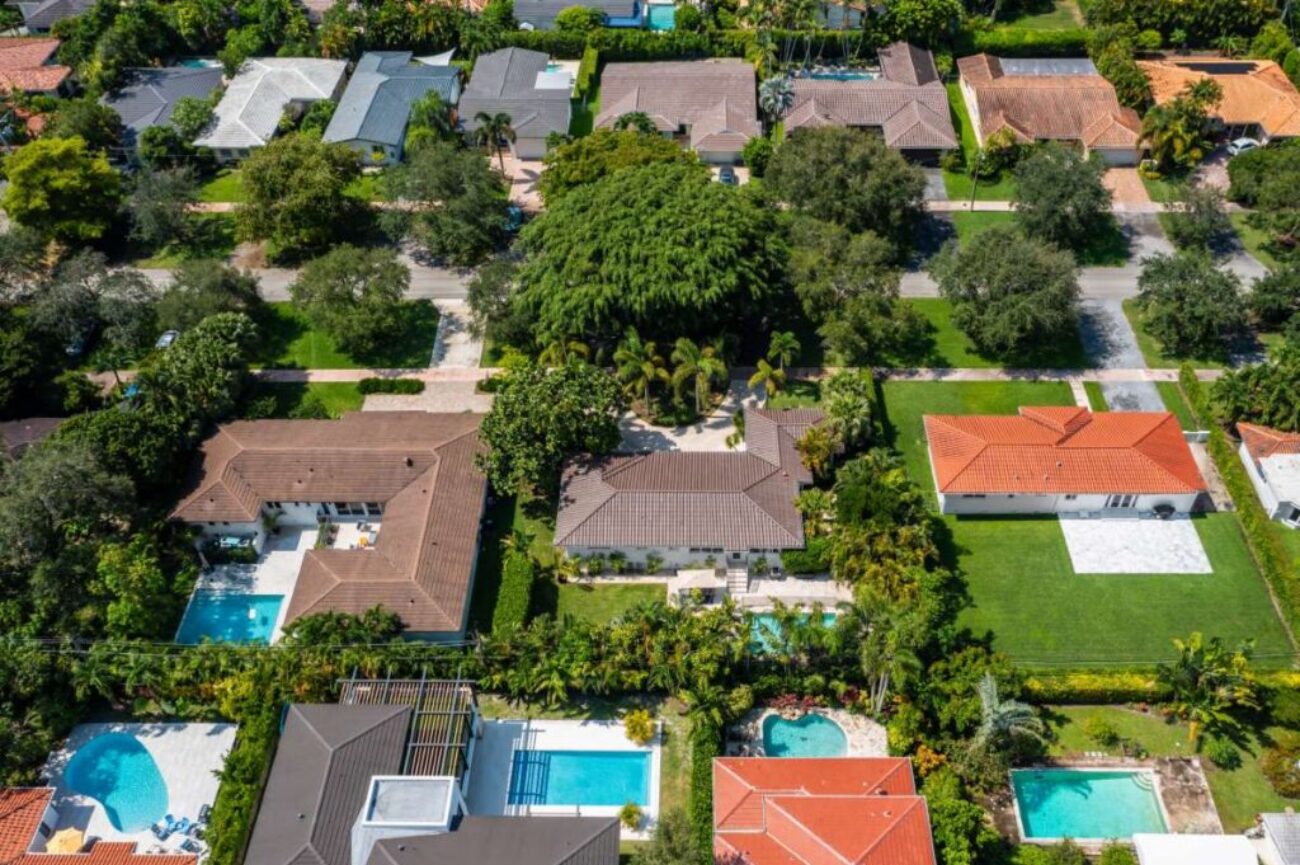Financial Checklists to Complete Before Making an Offer
Explore essential financial checklists to guide you before you make an offer on a pool route. Ensure a smooth transition into pool route ownership!
Before making an offer on a pool route, it’s crucial to have a solid financial checklist in place. This guide will delve into the various financial aspects you need to consider, from understanding your budget to evaluating potential returns on investment. We will provide a comprehensive overview of the key steps involved in preparing your finances, ensuring that you can make an informed decision when purchasing a pool route. Whether you’re an entrepreneur looking to dive into the pool maintenance industry or an existing business owner aiming to expand, this checklist will be invaluable in setting you up for success.
IntroductionEntering the pool service industry through the purchase of a pool route can be a lucrative opportunity. However, before you commit to an offer, it’s critical to assess your financial readiness thoroughly. Financial checklists serve as a roadmap to navigate the complexities of buying a business, helping you avoid pitfalls and ensuring you make sound financial decisions. In this article, we will explore several key components of a financial checklist, highlight best practices, and provide insights into how to effectively prepare for your new venture into pool route ownership.Understanding Your Budget
– The first step in your financial checklist is to have a clear understanding of your budget. Knowing how much you can afford to invest in a pool route is essential. This involves reviewing your personal finances, including your savings, income, and expenses. A detailed budget will help you determine the maximum amount you are willing to allocate towards the purchase. – Typically, pool routes vary in price based on factors such as location, customer base, and the services offered. Ensure that your budget accounts for not just the purchase price of the route but also additional costs such as equipment, insurance, and operational expenses. For example, if you’re considering pool routes for sale in Florida, factor in the specific costs associated with that state, including regulatory fees and local market conditions.- Additionally, it’s wise to consult with a financial advisor who specializes in small business purchases. They can help you navigate through the financial implications and possibly identify areas where you can optimize your budget.
Evaluating Financing Options
– Once you have a budget in mind, the next step is to explore various financing options. Determine whether you will be paying for the pool route outright or if you will need financing. Traditional lenders, such as banks, and alternative sources, like private investors or crowdfunding, can offer different benefits and drawbacks.- Assess the interest rates, repayment terms, and eligibility requirements of each financing option. It’s crucial to understand how financing will affect your cash flow and overall financial health once you own the pool route. For instance, if you’re considering a low-interest loan to cover the purchase, calculate how the monthly payments will play into your operating expenses.- Additionally, some brokers offer flexible financing options as part of the sale. If you’re working with a pool business broker, inquire about financing arrangements that could ease the burden of upfront costs.
Calculating Potential Returns
– As you move forward, it’s essential to evaluate the potential returns on your investment. This includes analyzing the revenue generated by the pool route and understanding its profitability. Look for routes that come with an established customer base, as they can provide immediate income—one of the most significant advantages of purchasing a pool route.- Consider creating a pro forma financial statement that estimates future revenues and expenses based on historical data. For example, if a pool route currently services 50 customers, calculate the average revenue per customer and project future growth.- Additionally, assess the historical performance of the route. Understanding seasonal trends, customer retention rates, and service frequency can give you valuable insights into the expected cash flow. This due diligence will not only provide a clearer picture of potential returns but also help you negotiate a fair purchase price.
Assessing Ongoing Operational Costs
– A key component of your financial checklist should include a thorough assessment of ongoing operational costs. These costs encompass everything from labor and materials to maintenance and insurance. Understanding these expenses will allow you to determine the overall cost of running the pool route and how it impacts profitability.- Examine the costs associated with servicing the routes you’re interested in. This might include expenses for chemicals, equipment maintenance, transportation, and marketing. For instance, if you plan to expand your services or add features to your pool maintenance offerings, factor in the costs of these enhancements.- Establish a cash reserve for unexpected expenses, which are common in any business. This safety net will help you navigate financial hurdles without jeopardizing your operational capacity.
Understanding Market Trends
– Staying informed about market trends in the pool maintenance industry is crucial when finalizing your financial checklist. Understanding local demand, competition, and pricing strategies will give you a competitive edge.- Research the growth potential within your desired geographic area. For example, the pool maintenance industry is thriving in states like Florida and Texas, making pool routes in these regions highly sought after. Analyzing the competition will provide insights into pricing and service offerings, allowing you to position your business effectively.- Additionally, consider where the pool maintenance industry is heading. Are there emerging technologies or services that are becoming popular? Understanding these trends can influence your decision-making process and potentially enhance your profitability once you take ownership.
Engaging Professional Help
– Engaging financial professionals can greatly aid your efforts to complete your checklist. Hiring a business broker with expertise in the pool service industry can streamline the entire process, providing valuable insights and connections along the way.- A seasoned broker will assist you in evaluating the financials of the pool routes you’re interested in, ensuring you make informed decisions. They can also help negotiate terms that align with your financial capabilities and business goals.- Additionally, consulting with accountants or financial advisors will ensure that you have a comprehensive understanding of tax implications and financial forecasting, helping you build a sustainable business model.
Creating a Contingency Plan
– A well-prepared investor should also have a contingency plan. This plan should detail how you would handle unforeseen circumstances that could impact your financial situation, such as economic downturns or unexpected operational costs.- Being prepared for potential risks is crucial in maintaining financial stability. For instance, if you are in a seasonal market, factor in how slow months will affect your cash flow and plan accordingly.- Establishing a clear strategy for cash flow management in case of emergencies will enhance your financial resilience and give you peace of mind as you step into pool route ownership.
Tax Planning and Compliance
– Understanding the tax implications of your new venture is another critical aspect to include in your financial checklist. Research the tax responsibilities associated with owning a pool route, including business licensing, sales tax, and income tax requirements.- Consult with a tax professional to ensure you are compliant and taking advantage of any deductions available to you as a small business owner. This will not only help you avoid potential penalties but also maximize your profitability.- Staying informed about local, state, and federal regulations regarding the pool maintenance industry will further ensure you operate within the law and maintain a good standing in your community.
Conclusion
In summary, completing a thorough financial checklist before making an offer on a pool route is essential for successful ownership. By understanding your budget, evaluating financing options, calculating potential returns, and assessing ongoing costs, you can make informed decisions that set you up for long-term success in the pool maintenance industry. Engaging professional help and creating a contingency plan will further enhance your readiness for this exciting venture. Buying a pool route is more than just a financial transaction; it’s an investment in your future. If you’re ready to explore your options and take the plunge into pool route ownership, contact Tower Business Brokers today to find the perfect pool route that aligns with your goals.



